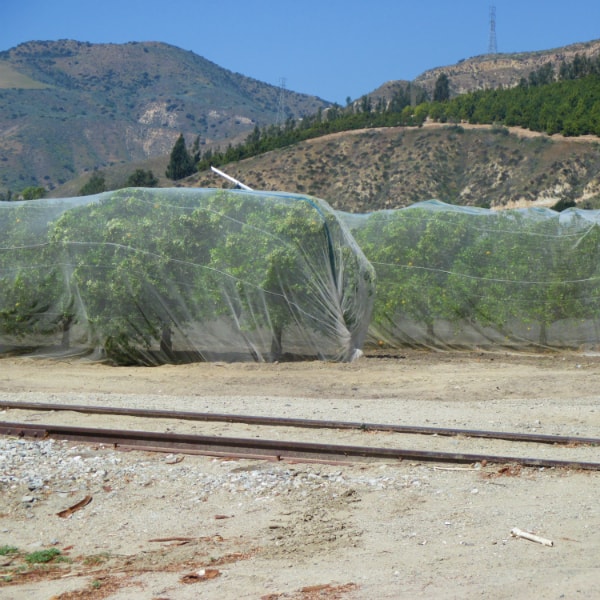
There are also documented cases of some citrus fruits causing a severe allergic reaction known as anaphylaxis, although this is very rare.Ĭitric acid that’s found naturally in citrus fruit juice can cause irritation to your skin, mouth, and stomach. Other people may experience an allergic reaction after coming in contact with the peels of citrus fruits. When your immune system reacts to an allergen, it causes an allergic reaction.Īllergic reactions to raw citrus fruits are sometimes seen in people who have pollen allergies, in a phenomenon known as cross-reactivity. Seek emergency medical help if you are experiencing any of the symptoms of anaphylaxis.įirst aid you should know: How to treat allergic reactions »Īn allergic reaction is due to your immune system mistakenly defending your body against substances that typically don’t pose a threat to you. drop in blood pressure, causing you to feel weak.

swelling of the mouth and throat, which can make breathing difficult.Anaphylaxis is a medical emergency and can be life-threatening. In rare cases, a citrus allergy can cause a systemic allergic reaction, also called anaphylaxis. People who are allergic to citrus fruit peels may experience symptoms of contact dermatitis if they come in contact with the peel of citrus fruit.Īllergic contact dermatitis is caused by your skin releasing inflammatory chemicals after coming into contact with an allergen. Symptoms may appear later in life, even if you’ve been eating the fruit for years with no problems. Individuals with OAS who have reactions to citrus fruits can usually eat the fruits when they’re cooked. These are the symptoms of oral allergy syndrome (OAS). reddening and mild swelling of the lips and gums.intense tingling and itching of the lips, tongue, and throat.

The symptoms are often localized, which means that you feel them wherever the raw fruit touched your skin. Most people who have a citrus allergy experience symptoms after eating food or a drink made with raw citrus fruit.


 0 kommentar(er)
0 kommentar(er)
